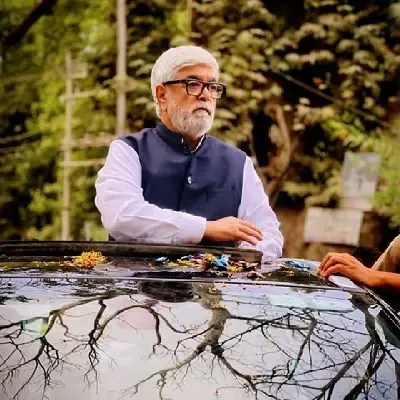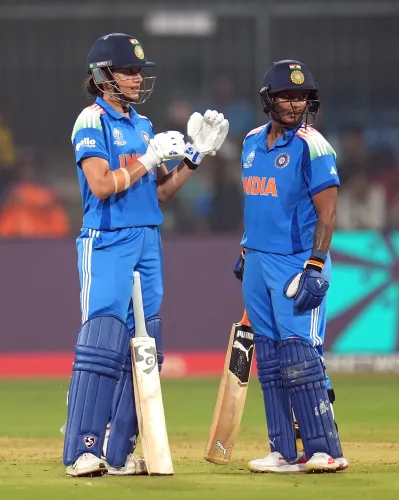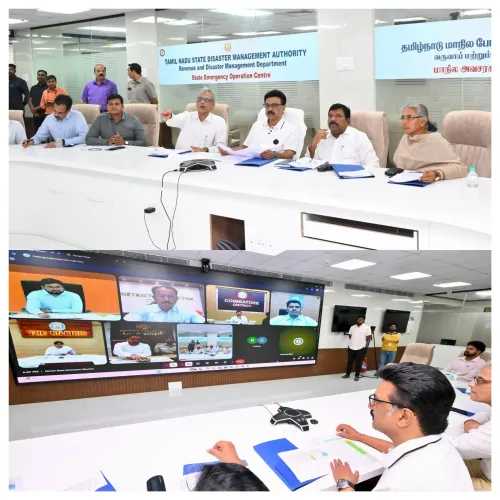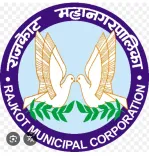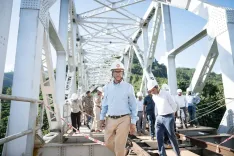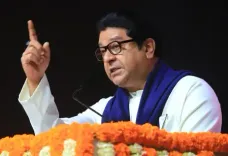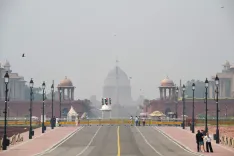How Committed Is Nepal PM to Fresh Elections?
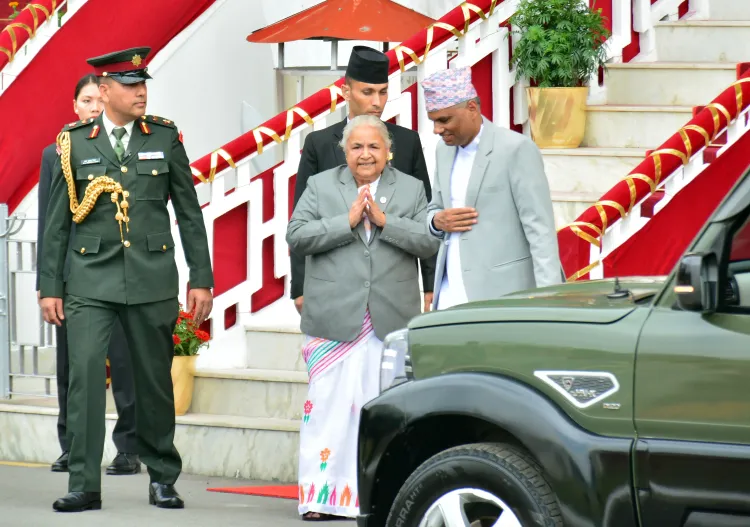
Synopsis
Key Takeaways
- Commitment to democratic processes: The interim government is focused on holding elections.
- International observation: Essential for ensuring electoral credibility.
- Focus on security: Resources are being directed toward creating a secure electoral environment.
- Addressing corruption: Investigations into high-profile corruption are underway.
- Support for reconstruction: International aid is sought for infrastructure rehabilitation.
Kathmandu, Oct 17 (NationPress) Nepal's Prime Minister Sushila Karki on Friday reassured the international community that the existing interim government is dedicated to conducting the upcoming parliamentary elections and transferring power to the elected government within the next six months.
During her address to heads of missions and representatives from the diplomatic community and development partners in Kathmandu, Karki stated, "This non-political, transitional government has one sole and non-negotiable mandate: to hold free, fair, and impartial general elections to the House of Representatives on March 5 next year."
"We are committed to a maximum six-month term, after which we will peacefully hand over power to a democratically elected government,” she added. Karki also encouraged international observation of the elections, highlighting that such oversight has previously been pivotal in ensuring the transparency and credibility of Nepal’s democratic process.
This marked the first time Prime Minister Karki, who also oversees Foreign Affairs, engaged with foreign diplomats in a unified forum, although she had met with diplomats from various countries individually prior.
The Prime Minister underscored that efforts are underway to foster a conducive environment for the upcoming elections, addressing concerns raised by leaders of significant political parties.
"Our entire focus and the state's resources are being directed toward creating the necessary conditions—security, legal frameworks, and logistical preparations—for credible elections," she affirmed, noting that the government is empowering the Election Commission, fortifying security measures, and engaging in dialogues with all political parties and stakeholders, including Gen-Z representatives.
Previously, former Prime Ministers K P Sharma Oli, leader of the Communist Party of Nepal (Unified Marxist–Leninist) or CPN (UML), and Nepali Congress President Sher Bahadur Deuba had expressed skepticism regarding the government’s commitment to establishing a favorable environment for the polls. Oli had even accused the government of pursuing vendettas against political parties.
In light of reports indicating that the government has commenced investigations into the income sources of former Prime Ministers—including Oli, Deuba, and Pushpa Kamal Dahal 'Prachanda'—Prime Minister Karki asserted that the government is taking prompt measures to initiate credible and impartial investigations into allegations of high-profile corruption, reinforcing that no one is above the law.
The Gen-Z movement, which began as a protest against a social media ban, evolved into a nationwide anti-corruption uprising that ultimately led to the collapse of the Oli-led government.
Noteworthy attention has also been drawn to significant amounts of burnt cash allegedly discovered at the residence of former Prime Minister Deuba following arson attacks on his home. Nepal's anti-money laundering agency has initiated an inquiry into this matter.
During her address, Karki acknowledged the destruction inflicted on public and private properties during the Gen-Z protests and sought international aid for reconstruction.
The government estimates damages to public infrastructure to exceed NPR 100 billion, while the private sector has reported losses of over NPR 80 billion in initial assessments.
“The reconstruction and rehabilitation of infrastructure damaged during the movement are urgent,” she stated. “We welcome support from our development partners in these efforts.”

